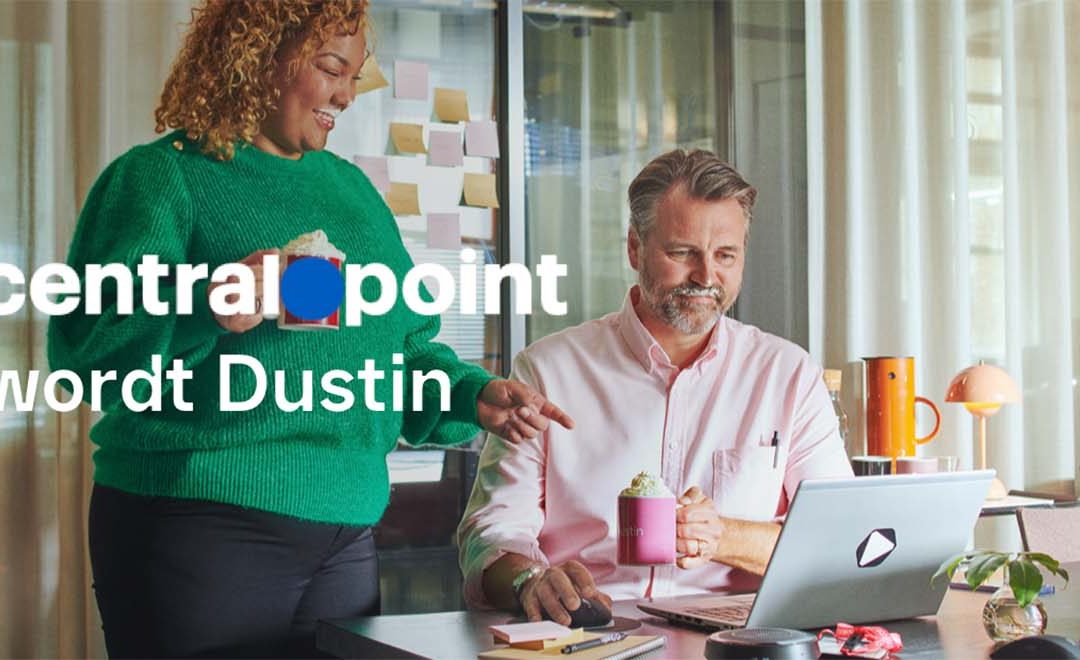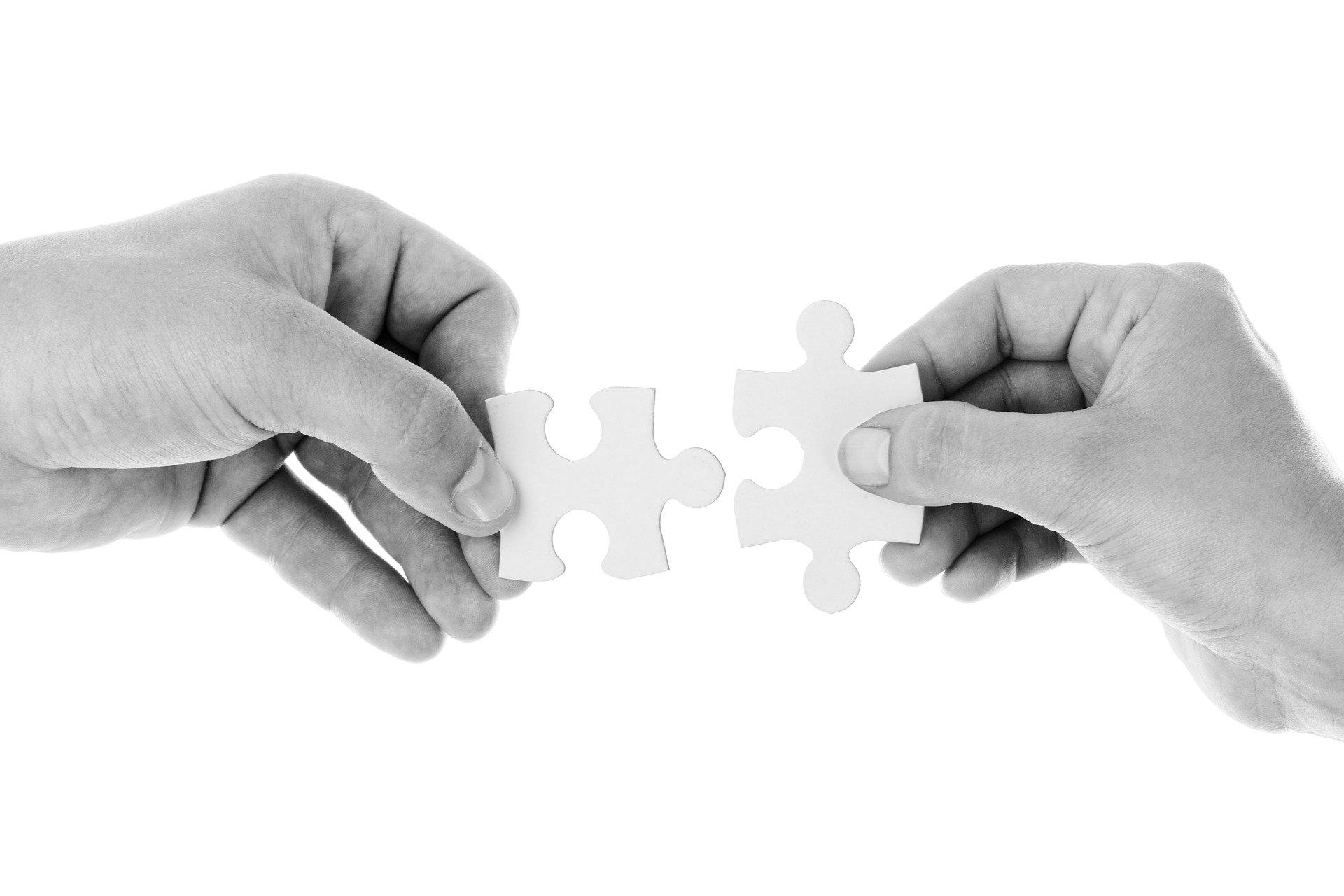
The Scandinavian nation has joined forces with UN Environment and COBSEA – the Coordinating Body on the Seas of East Asia – to combat plastic pollution in Southeast Asian over the coming years.
The project, which is funded by the Sweden International Development Agency (Sida) and implemented by UN Environment and COBSEA, seeks to ensure less plastic escapes from waste management systems, and will involve stakeholders throughout the plastic value chain, from the producers to the waste managers, and especially those in coastal communities most affected by the impacts of plastic pollution.
Several countries in Southeast Asia are major plastic producers, and generate substantial amounts of the types of plastic that ends up as marine litter. Inexpensive plastic packaging is also easily available in the region, and the “take away” street food culture prominent in some countries, such as Thailand, contributes to widespread use of single-use plastics. At the same time, waste management capacity is limited in the region and the proportion of plastic waste mismanaged is over 75 percent in most Southeast Asian countries.
“Plastic pollution is a global problem, yet 60 percent of all plastic that ends up in our oceans comes from only 6 countries in Asia,” declared UN Environment’s Regional Director for Asia and the Pacific, Dechen Tsering. “By addressing the problem here, we can make great strides toward a planet free of plastic pollution. We are pleased to have the support of the government of Sweden to tackle the issue.”
Helen Ågren, Sweden’s Ambassador for the Ocean, agreed, saying: “To beat plastic pollution we have to work on many fronts: from material development and standardisation in order to facilitate recycling, to increased consumer awareness and behaviour change, to policy development that incentivises a circular economy, efficient use of resources and sustainable waste management systems.”
To reduce waste, UN Environment and COBSEA will be working with research institutions, companies, government bodies and civil society to reduce the use of the most harmful and difficult to recycle plastic, boost collection and recycling of high-value plastic such as PET, and generate region-wide public awareness and support for better plastic pollution policies. The scientific basis for addressing marine litter will be strengthened, by collecting and analysing data on plastic leakage and marine litter at local, national and regional levels.
UN Environment, COBSEA and partners will use this baseline data to help all stakeholders in the plastic lifecycle develop evidence-based policies and plans that will reduce the amount of marine litter flowing from the region.
“The impacts of marine litter span national boundaries, ecosystems and economic sectors,” said COBSEA Coordinator Jerker Tamelander. “Through regional cooperation we can get a more complete picture of the challenges we face, increase the effectiveness of our actions by ensuring they are coherent across countries, and share experiences and lessons learned.”
The announcement was made at an event at the Swedish Ambassador’s Residence in Bangkok, which was organised in the context of the celebration of 150 years of Thai-Swedish friendship and relations.
The Swedish Ambassador to Thailand, Staffan Herrström, said at the event: “The condition of the world’s oceans is critical and ocean governance is a high priority for Sweden. Through our global efforts and collaboration, we strive to improve governance, accelerate behavioural change to save the oceans and achieve Sustainable Development Goal 14. As we celebrate 150 years of Thai-Swedish relations, I am pleased to see opportunities for our two countries to join forces in combatting a serious global environmental challenge: the widespread plastic pollution in our oceans.”




















